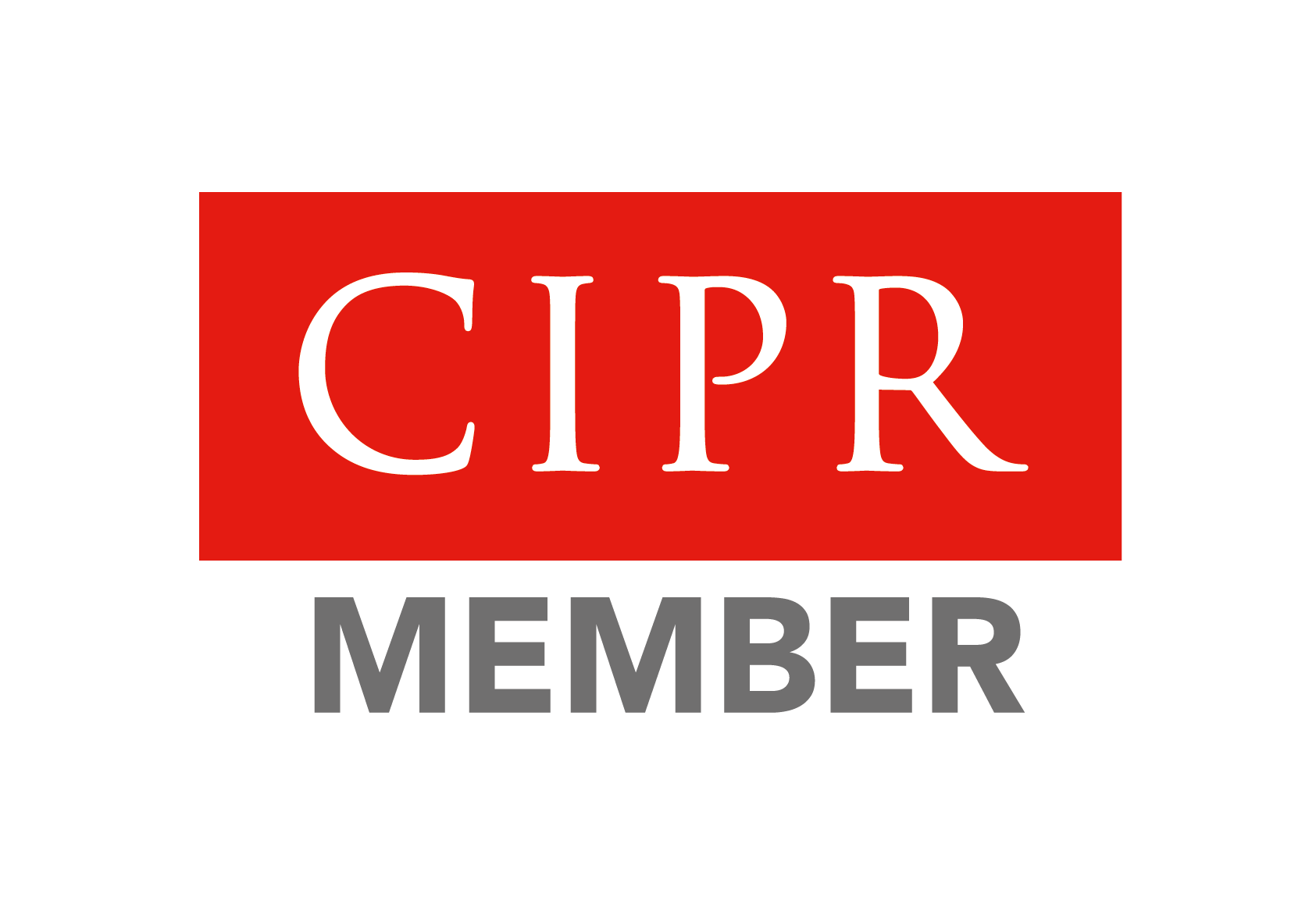Would you hire a lawyer if they hadn’t passed their accreditation board exams? Would you consult with an accountant who wasn’t ACA, ACCA or CIMA accredited? Or would you seek the help from a doctor who was not approved by medical councils?
All these show that the person you are hiring not only has the right skillset to do the job, but also that they have integrity, ethics and are a trustworthy professional. And it is often the same in the media industry – many professionals are members of their respected chartered institute, including PR professionals.
More than most industries, public relations has sometimes struggled with a negative public perception. To many, particularly in politics, it was seen as spin. But now, in the 21st Century, that is not how PR professionals operate – or at least the majority of them.
It's all well and good saying that you're ethical and credible, but how do you prove it?
When it comes to PR, the Chartered Institute of Public Relations requires all of its members to sign their ethical code of conduct, and adhere to the guidelines set out. This is evidence to clients and potential clients that the company is credible, accountable and committed to the highest standards of professional practice – which is surely what anyone is looking for in a potential collaborator and outsourced agency.

And showcasing yourself as a PR professional, and your wider PR company, as a trusted, ethical and effective source of communications support is a must in the media industry. But also, for those that are members, the CIPR acts as a huge base of knowledge, insight and further learning and development, vital in any industry.
As a public relations company focused on the industries of business and higher education, we are constantly working with clients to highlight the benefits of lifelong learning, the importance of business professionals updating their knowledge and the need for managers to further identify the skills they need for the future and further develop these. If we are constantly pushing this idea of lifelong learning and development, we must practice what we preach and ensure that all PR professionals here at BlueSky are also continuing to develop, and the CIPR offers ample opportunities to do so.
Through membership of the CIPR, PR professionals are able to access a huge library of thought leadership, examples of best practice in PR and previous webinars. Using these for continuing professional development (CPD), not only are we able to update our knowledge on current PR areas of focus, but also look to the future at key topics that are not only going to impact on the industry, but also those external factors that are impacting on the wider sector.
Whether it be the war in Ukraine impacting on the comms industry, new technologies or Industry 4.0, AI and blockchain’s potential implementation into the sector, or how increasingly sustainability and ethics have to be incorporated into all practices, the body can give insightful advice and practical applications for future industry issues. Not only this, but previous case studies and best practice examples can not only show PRs the best approach to conduct a media campaign, but also act as inspiration, and help PRs to generate new, innovative ideas in the comms sector.
But it is not just short, thought-leadership pieces and case studies that offer insight and knowledge to PRs through the chartered institute. Longer-form training sessions through the CIPR can help PR professionals to further their knowledge in-depth in a specific field of practice. Whether that be softer skills such as editing, public speaking or writing, to more calculated hard skills, like developing a media campaign, implementing strategy into comms or utilising new technology to monitor PR coverage – the CIPR offers a whole host of training sessions for PRs to, ultimately, become better and better in their job role.
It’s safe to say, when hiring a PR agency for your support it’s important to choose a firm which is a member of the CIPR. Not only does it showcase their trustworthiness, credibility, morals and accountability, but it also showcases their commit to learning and development. PR agencies who are members of the CIPR are likely to be at the forefront of knowledge in the comms sector, and can prove that their employees are constantly learning, developing and are able to bring innovative ideas to the table. It’s certain that the recognition and notoriety that the CIPR brings is valuable to any PR agency, and organisation looking to hire one.
Peter achieves prominence for clients across a breadth and depth of significant publications, from trade specific media like International Finance Magazine and QS TopMBA, to national and international goliaths such as Handelsblatt, Le Monde, US News and World Report, and the Financial Times. He also writes under his own name for key publications such as HRZone, Medium and Data Driven Investor.




